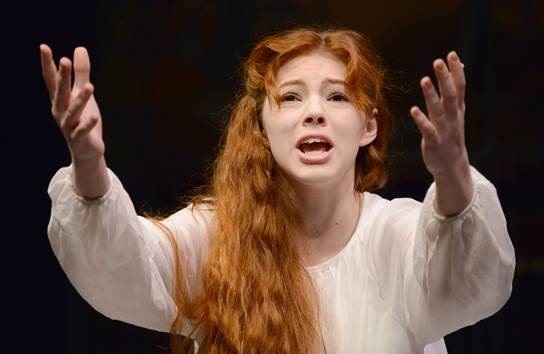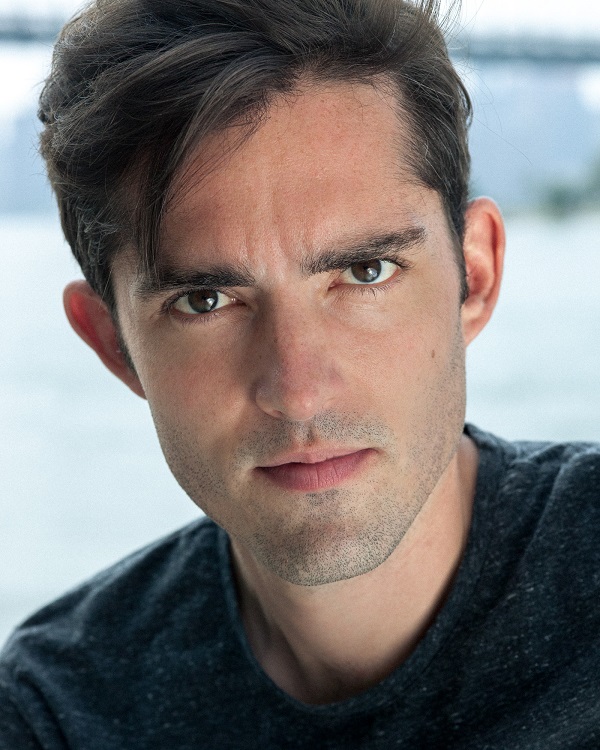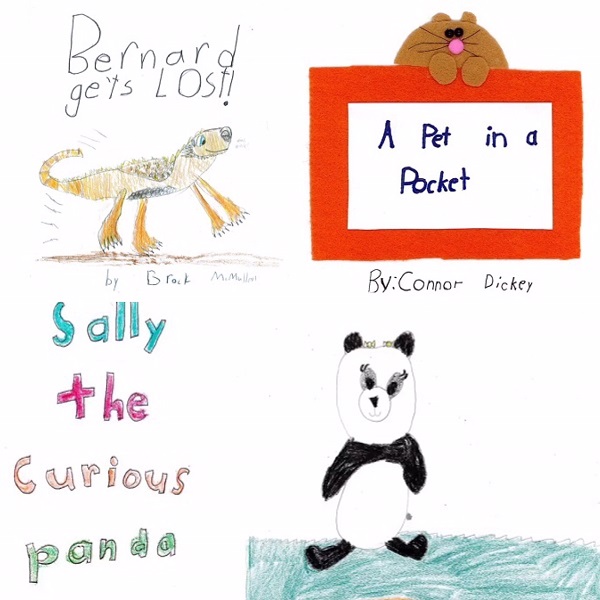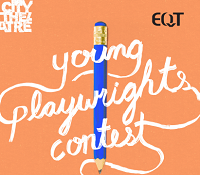
3 contests for Pittsburgh kids competing in acting, writing and illustration
When Matthew Amendt was growing up outside Pittsburgh, he had an early connection to theater.
“My mom was an English teacher and involved with directing drama productions at the high school,” he says with a laugh. “So, I would appear in the plays as a child. I was the Changeling in ‘A Midsummer’s Night Dream’ when I was 3 or 4. I was in the ‘King & I.’ Things like that.”
When he was 7 or 8, Matthew found the “Complete Works of Shakespeare” in his mom’s library.
“It just felt like magic to me,” he says. “It didn’t feel any different to me from reading ‘Lord of the Rings’ or a comic book or any of those things kids read when they’re lost in an imaginary world.”
His interest in the Bard – especially the history plays – continued until, by age 14, Matthew competed in Pittsburgh Public Theater’s Shakespeare Monologue & Scene Contest. He participated throughout his high school years, winning twice — in 1999 and 2000, his senior year at Indiana High School.
From there, Matthew gained the confidence to enter national competitions, one of which took him to the White House, and decided to pursue his acting degree in college.

Now a respected classical actor, Matthew returns home to take on the starring role of “Hamlet,” opening in April at Pittsburgh Public Theater.
The timing is perfect for the 1,000-plus kids – from grades 4 to 12 – competing in this year’s Shakespeare Monologue & Scene Contest. Matthew will be one of the judges for the contest’s Showcase of Finalists scheduled for Feb. 19 at the O’Reilly Theater.
Now in its 24th year, the contest draws kids from over 90 area schools. They work with their teachers at school and acting coaches at the Public. The kids develop a love of Shakespeare, and they acquire skills in public speaking, poise and the self-assurance to perform in front of an audience. Camaraderie and friendships develop among the competitors, too. And for some, a glimpse at a possible career.
“Without the Shakespeare competition, I have no idea what I would be doing right now,” Matthew says. “It had just seemed impossible to me that you could have a life in the theater growing up in Indiana, Pa. I am so grateful to the Public to have the life I have had. It is such an enormous gift.”
City Theatre Company’s Young Playwrights Contest
The play’s the thing at City Theatre Company’s 19th annual Young Playwrights Contest, but here kids are writing the scripts themselves.
Through March 31, kids in grades 7 to 12 are invited to submit original one-act plays. Each play will be read by theater professionals, who will send the playwright a one-page evaluation of their script. Kids should pay close attention to the style guidelines and follow detailed instructions for their plays to qualify.
The exciting part for a select few of the best is the chance to see their vision on stage. They will develop their script with a director, a professional playwright, and actors for a staged production in the annual Young Playwrights Festival this fall. Last year, six student plays were staged in public performances, and four honorable mention plays were given public readings.
Guidance from the contest’s Playwriting Tips will help kids construct an exciting work. They will learn to identify a protagonist, a theme, setting, and resolution. Many of these tips will help with all kinds of writing assignments, too. “Show, don’t tell,” for example, and “Writing is re-writing” tips are expanded on.
The deadline for aspiring playwrights is March 31.

PBS KIDS Writers Contest
Little kids with imaginative storytelling skills and graphic art talent are invited to WQED’s annual PBS KIDS Writers Contest.
Kids in grades K-5 all love picture books with entertaining stories. In this contest, kids write an original story and produce at least five corresponding illustrations, which can include drawings, collages, photographs, or other media.
The idea behind the effort is to promote children’s literacy skills through hands-on activities. There are lots of resources on the WQED website to help kids brainstorm, draft and illustrate their stories. Download cool activity sheets and graphic organizers for extra learning fun.
View last year’s winning stories, narrated by the author/illustrators. Enjoy reading them with your kids to find inspiration and share a few giggles.
Among the contest rules are specific word counts for various grade levels. Judging is calculated by 40 percent for the originality of plot, 40 percent for story structure, and 20 percent for relevance and quality of the illustration.
Deadline is March 31. But win or lose, the joy and pride kids find in the creation process is well worth the effort.
